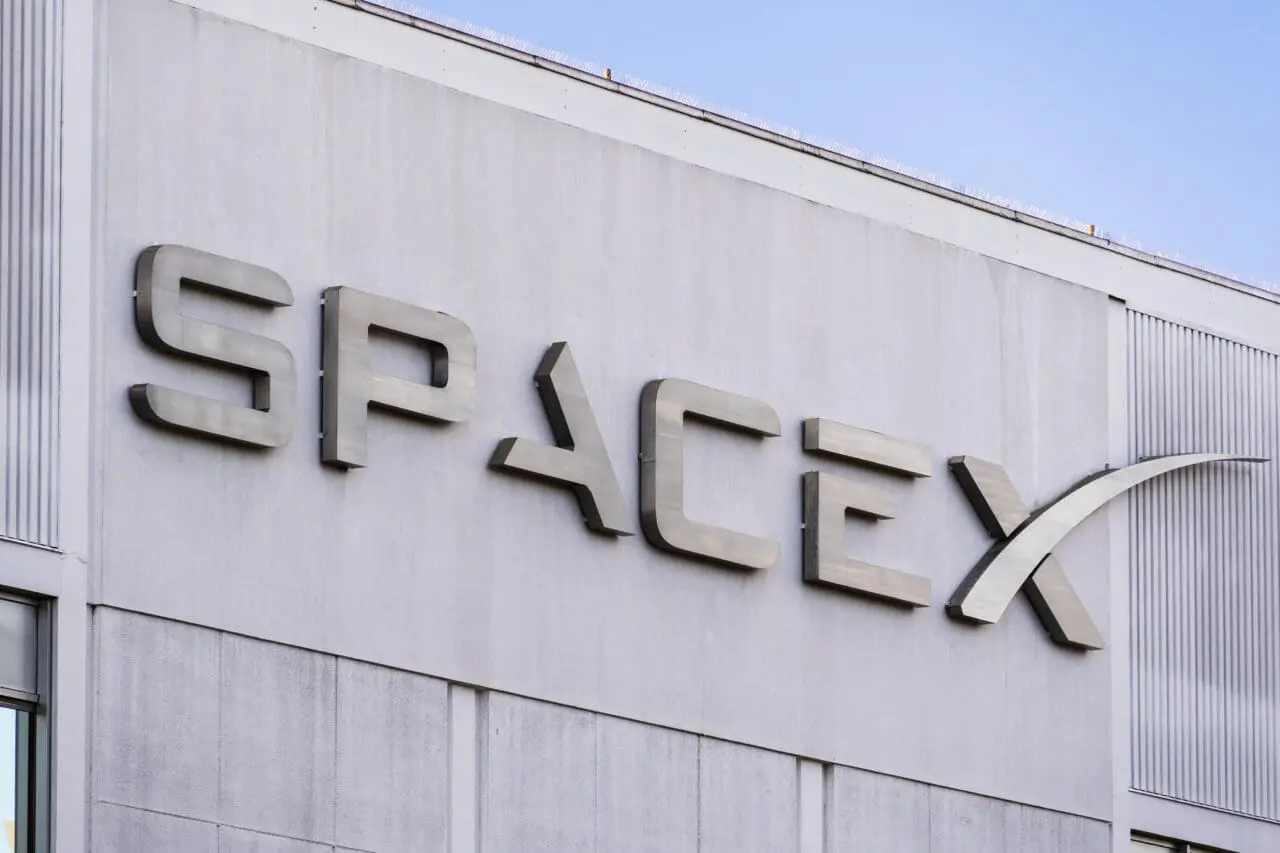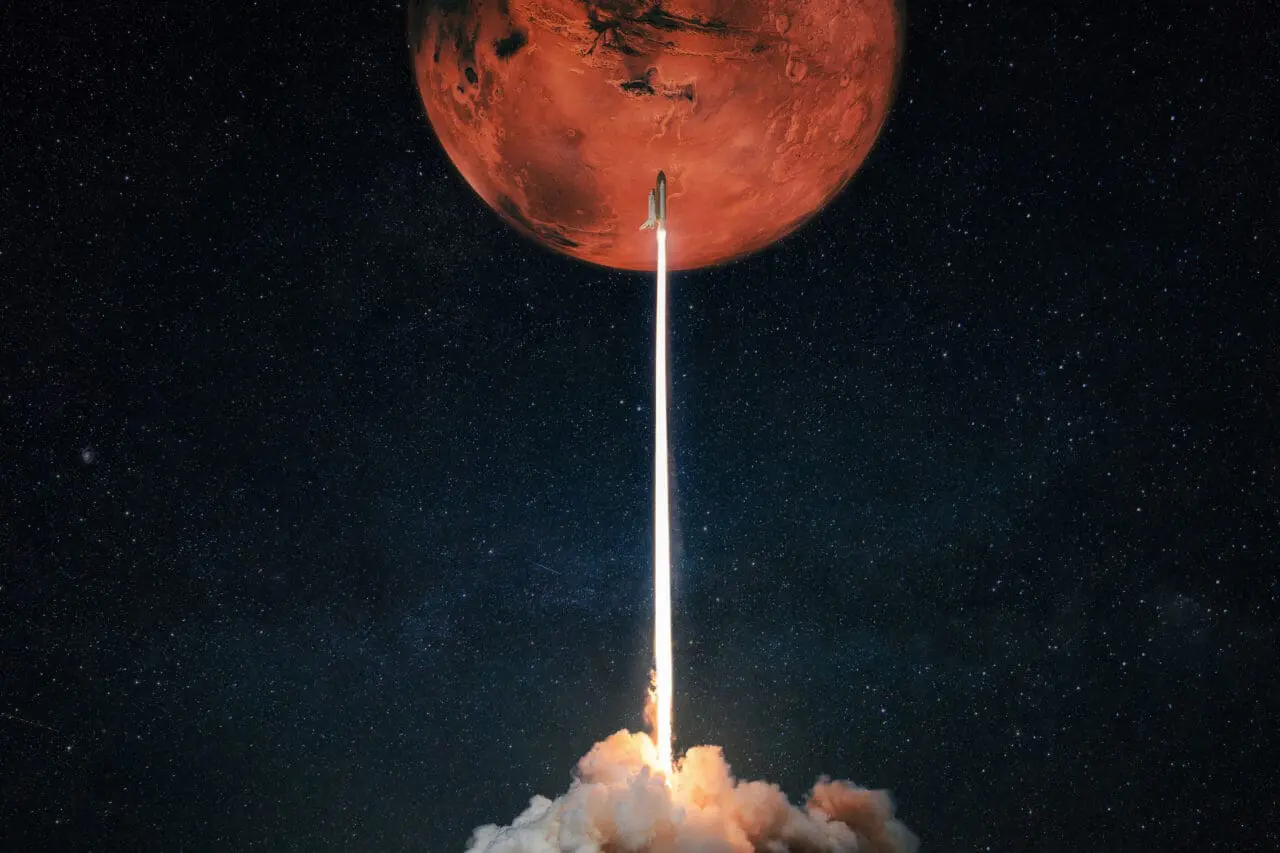

Elon Musk, the founder and CEO of SpaceX, is a name that has become synonymous with innovation and determination in the world of space exploration. But his journey to success was not an easy one. Born in South Africa, Musk’s early days were marked by financial struggles and bullying in school. However, his passion for science and technology, coupled with an unwavering drive to make a difference in the world, set him on a path that would eventually lead to the founding of SpaceX.
SpaceX was founded in 2002 with the goal of revolutionizing space travel and making it more accessible and affordable. However, the company faced numerous challenges in its early years, including failed launches and financial setbacks. But Musk’s unwavering determination and relentless pursuit of innovation helped SpaceX overcome these obstacles and eventually achieve success.
After several failed attempts, SpaceX made history on September 28, 2008 when its Falcon 1 rocket became the first privately funded liquid-fueled rocket to reach orbit. This was a major milestone for both SpaceX and the private space industry as a whole, paving the way for future advancements in space exploration.
One of the key driving forces behind SpaceX is Elon Musk’s vision for a sustainable future. In addition to developing more efficient and cost-effective space travel, Musk also aims to revolutionize energy production on Earth through projects like Tesla, SolarCity, and the Hyperloop. This commitment to sustainability sets SpaceX apart from traditional space agencies and reinforces its mission to make a positive impact on the world.
SpaceX’s achievements have not gone unnoticed by other countries and private companies, sparking a new wave of competition in the space industry. With plans for future missions to Mars and advancements in reusable rocket technology, SpaceX is leading the charge towards a new era of space exploration.
In addition to its historic launch in 2008, SpaceX has accomplished numerous other milestones, including becoming the first privately funded company to dock a spacecraft at the International Space Station and successfully landing and reusing a first-stage rocket. These achievements have solidified SpaceX’s position as a major player in the space industry and have pushed the limits of what was once thought possible.
As with any groundbreaking endeavor, there are inherent risks involved in private space exploration. From technical challenges to financial risks, SpaceX has had to navigate through uncharted territory in order to achieve its goals. However, the potential rewards of pushing the boundaries and making new discoveries make these risks worth taking for Musk and his team.
The Falcon 1 rocket was a major milestone for SpaceX, but the technology behind its success is even more impressive. From the Merlin engines to the innovative use of carbon fiber composites, SpaceX’s rockets are a testament to the company’s commitment to pushing the boundaries of what is possible in space travel.
While SpaceX has made significant achievements in low Earth orbit, the company’s ultimate goal is to establish a human presence on Mars. With plans for future missions and the development of the Starship spacecraft, Musk envisions a future where humanity can become a multi-planetary species. This ambitious mission is what continues to drive SpaceX forward and inspire people around the world.
In conclusion, SpaceX and its founder Elon Musk have revolutionized the way we think about space exploration. From overcoming adversity and pushing boundaries to making historic achievements and paving the way for a sustainable future, SpaceX’s impact on the world cannot be ignored. As the company continues to push forward with its ambitious plans, it is clear that the sky is no longer the limit for human innovation and determination. So next time you look up at the stars, remember that thanks to SpaceX and Elon Musk, reaching for them is no longer just a dream but a possibility. And who knows where our journey into space will take us next? The possibilities are endless.


